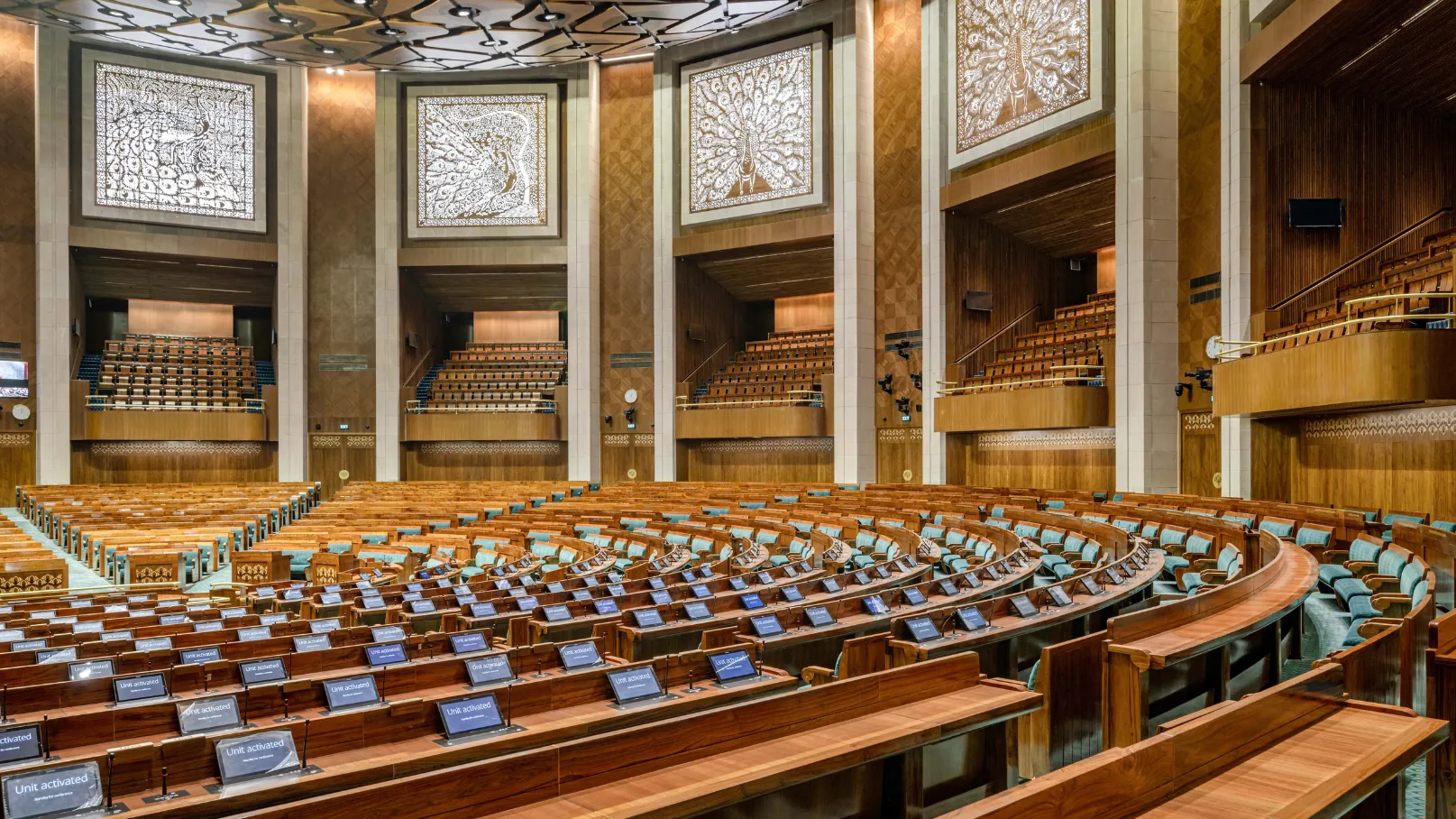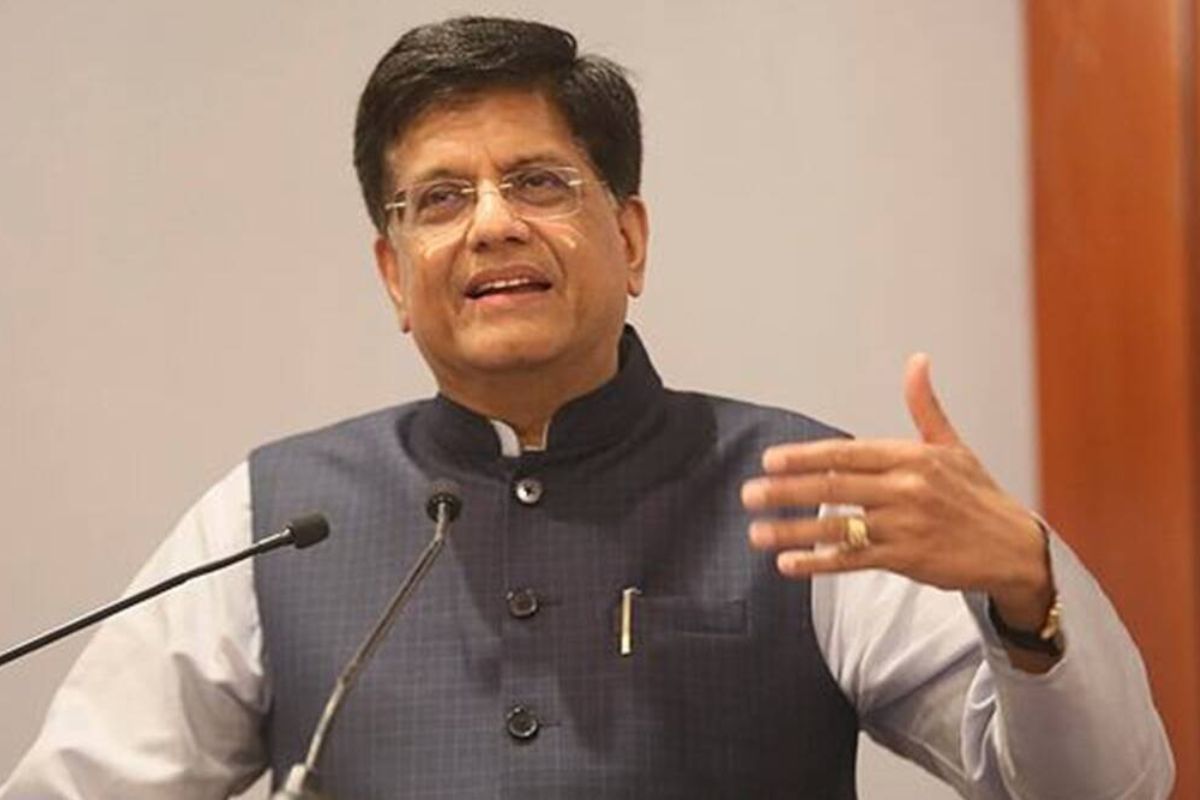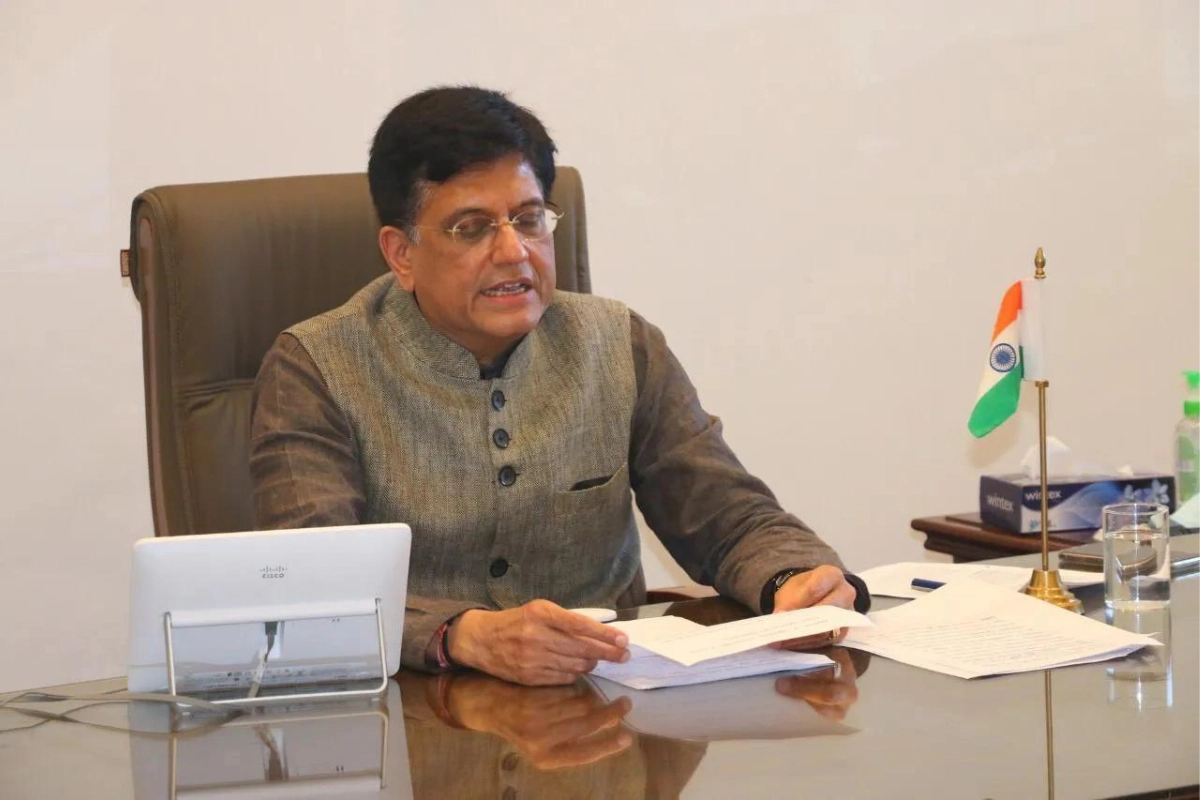Indian Economy: Recently, Union Commerce Minister Piyush Goyal referred to the phenomenal upsurge in e-commerce across India not as a matter of national pride, but as a matter of concern. He said this while speaking at an event on ‘Net Impact of E-Commerce on Employment and Consumer Welfare in India.’ The minister’s remark unveils a deep apprehension about the socio-economic impact of the e-commerce boom.
Concerns Over E-Commerce Growth
In his talk, Goyal questioned whether such e-commerce growth would go on and, in the process, create massive social disruptions. He said that he was not buying, or buying into the argument that e-commerce adoption on a very large scale was positive. “Are we going to cause huge, social disruption with this massive growth of e-commerce? I don’t see it as a matter of pride that half our market may become part of the e-commerce network 10 years from now; it is a matter of concern”, he said.
The Minister has further stressed on this part, stating that the domain of e-commerce in India is of greater importance, although while he feels that it should have a more organized framework in one way, at the same time, he feels that it is an important sector, in a way. He has expressed concern about a few of these e-commerce companies that go ahead with predatory pricing policies and wondered how beneficial they were for the country. “Is predatory pricing policy good for the country?” Goyal wondered, expressing concerns on how such practices might undermine the small retailer who survives on high-margin products.
Impact on Small Retailers
These comments by Goyal reflect an even deeper concern: the rapid growth in e-commerce, at 27% annually, may impact the survival of the 100 million small retailers across India. In reality, these cornered small businesses are fighting a losing battle against aggressive pricing from the bigger e-commerce platforms. Goyal’s support for the offline retail sector comes at a time of growing concern about balancing the needs of a growing digital commerce with preserving the scale of traditional retail.
In addition, he also scouted Amazon’s billion-dollar investment in India to ask how much the investment was really contributing to the Indian economy. The reported billion-dollar loss by Amazon was quoted in connection with possible predatory pricing practices by the concerned company. “When Amazon says we are going to invest a billion dollars in India and we celebrate, we forget the underlying story that this billion dollars is not coming for any great service or investment to support the Indian economy,” Goyal remarked.
Support for Offline Retail
He further expressed his concerns over small mobile stores, which have been cornered by the more significant retailers. As he questioned this kind of retailing scenario where only Apple reaps huge benefits by taking on market shares, he underlined this specific approach toward e-commerce growth.
In other words, his comments spelled out the requirement for a nuanced debate about the role of e-commerce in India while striking a fine balance between innovation and protection for small retailers and traditional businesses.












